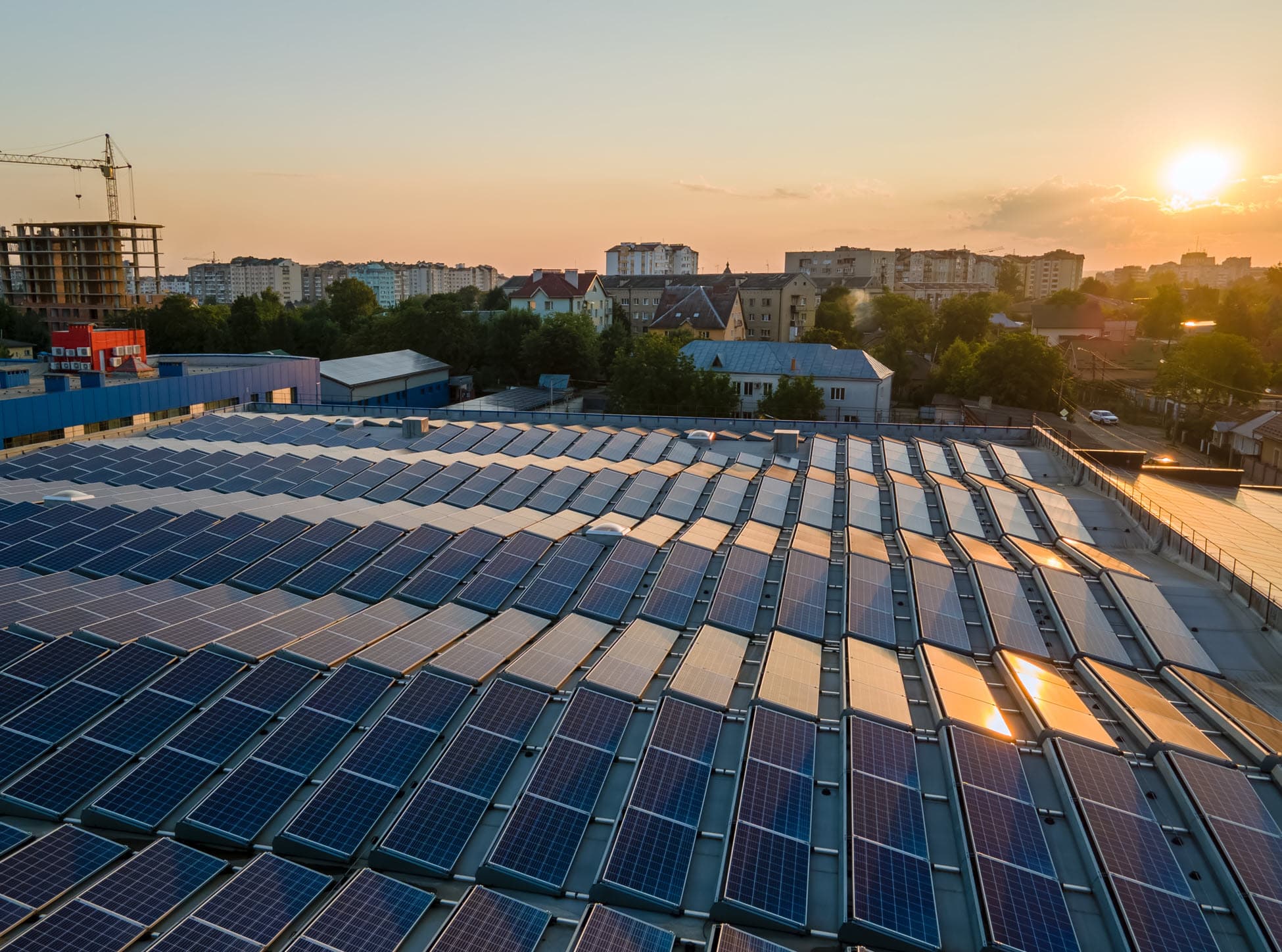
A bill recently introduced in the California Assembly presents potentially significant impacts to residential, commercial, and industrial solar system owners who filed interconnection applications before April 15, 2023, known as eligible customer generators under the Net Energy Metering (NEM). NEM 2.0 allows the solar system owner to get paid at near retail rate for the excess energy their system generates over the amount of electricity they use. AB 942, introduced earlier this year by Assemblymember Lisa Calderon (D-Whittier), would change the way the NEM program operates.
In 1996, AB 1890 established the original California NEM program to encourage growth of renewable energy to cut greenhouse gas emissions, reduce demand on the electric grid, and supply excess electricity back to the grid (by providing credits that can offset future utility bills).
The initial program referred to as NEM 1.0 provided full retail rate credit without any interconnection fee and without mandating any time-of-use rates. Following the introduction of NEM 1.0, California utilities became concerned that customers without solar panels would be burdened with an unfair share of grid transmission and maintenance costs and that NEM 1.0 may lead to an excess of solar power during peak generation hours.
Opposition to NEM 1.0 led the California Public Utilities Commission to adopt the NEM 2.0 tariff, which lasted from 2016 to 2023. Customers who submitted a completed interconnection application prior to April 15, 2023, remain eligible for NEM 2.0 but must finalize system installation by April 15, 2026, to maintain eligibility.
NEM 2.0 provides near retail rate credit for power exported to the grid based on time-of-use rate schedules. NEM 2.0 also introduced an interconnection fee and non-bypassable charges for electricity consumed from the grid in a metered interval. These changes were meant to ensure the sustainable growth of rooftop solar and that the total benefits of the NEM 2.0 tariff would be approximately equal to the total costs.
Solar systems are either purchased, leased, or solar power is purchased from the owner of the solar system pursuant to an energy services agreement. In each case the parties rely on what is written in the agreement when deciding whether to enter into the agreement, and the agreement defines the benefits and costs of the system or services. AB 942 would retroactively terminate existing NEM 1.0 or 2.0 contracts when the property is sold.
Solar system owners who file for an interconnection agreement after April 15, 2023, are transitioned to the Net Billing Tariff (NBT) or NEM 3.0. The NBT compensates the solar system owner for energy exported to the grid at a much lower rate, known as the “actual avoided cost” rate based on the amount the utility saves from not having to generate or purchase power at the time of export. A battery is often made a part of a NEM 3.0 system so that stored energy can either be used or exported to the grid during high time-of-use rate periods. The cost of the battery further impacts the economics of the solar system and as a result of the NEM 3.0 changes the market for solar installation has been negatively impacted.
On April 30, the Assembly Committee on Utilities and Energy in a 10-5 vote removed a provision in AB 942 that would have cut in half the typical 20-year solar system term to 10 years. The legislature may have been motivated by solar system owners who saw this bill as a sort of regulatory taking and a breach of their contract with the utilities and the state.
The revised bill retained the provision that a seller of a solar property that is under the NEM 2 tariff would no longer be able to transfer that NEM 2.0 benefit to the buyer. Under the revised bill, the loss of the transferability of the NEM 2.0 tariff upon sale of a property with a solar system will almost certainly lead to claims that this legislation would cause a breach of contract or a regulatory taking. The bill now advances to the Assembly Appropriations Committee. It will be interesting to see if this bill will survive in its current or a modified form.
Winners would include utilities operating in California as well as homeowners and businesses disinclined to invest in solar power, while existing owners of solar installations and the solar system industry would be negatively impacted.
Member Calderon argues this change to the NEM tariff is necessary to address utility customers’ equality concerns and to avoid financial impacts on non-solar customers who subsidize grid transmission and maintenance costs. Opponents of AB 942 argue that the bill would undo existing contractual promises, alter the financial basis on which solar systems investments were made, and would deter new investments in renewable energy.
Procopio advises solar system owners on potential contract rights and duties arising out of solar systems purchases and leases, and should this bill pass, whether the state might be subject to a takings claim. In my mind there are fundamental questions whether this bill will make it to Governor Gavin Newsom’s desk later this year. Nevertheless, we will be monitoring progress and changes to this bill, and we will keep you informed as the bill moves through the legislative system.
Patrick Ross, Senior Manager of Marketing & Communications
EmailP: 619.906.5740
Suzie Jayyusi, Senior Marketing Coordinator Events Planner
EmailP: 619.525.3818
Francisco Sanchez Losada, Marketing and Client Relations Manager
EmailP: 619.515.3225
Sanae Trotter, Senior Manager for Client Relations
EmailP: 650.645.9015